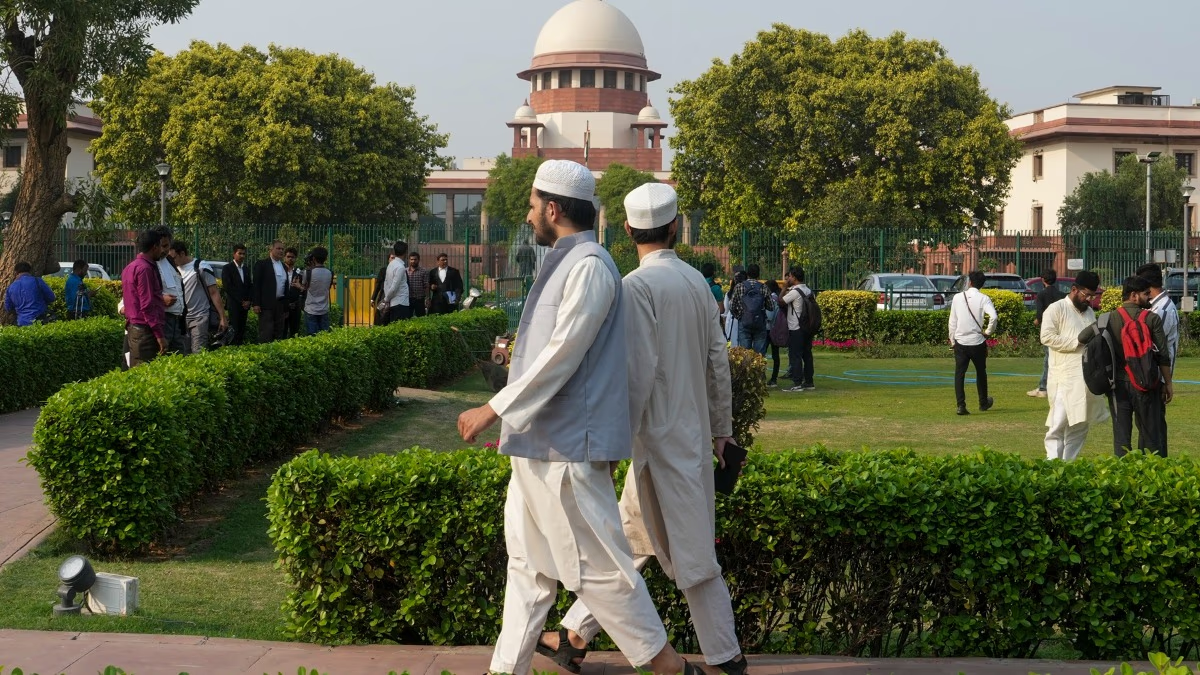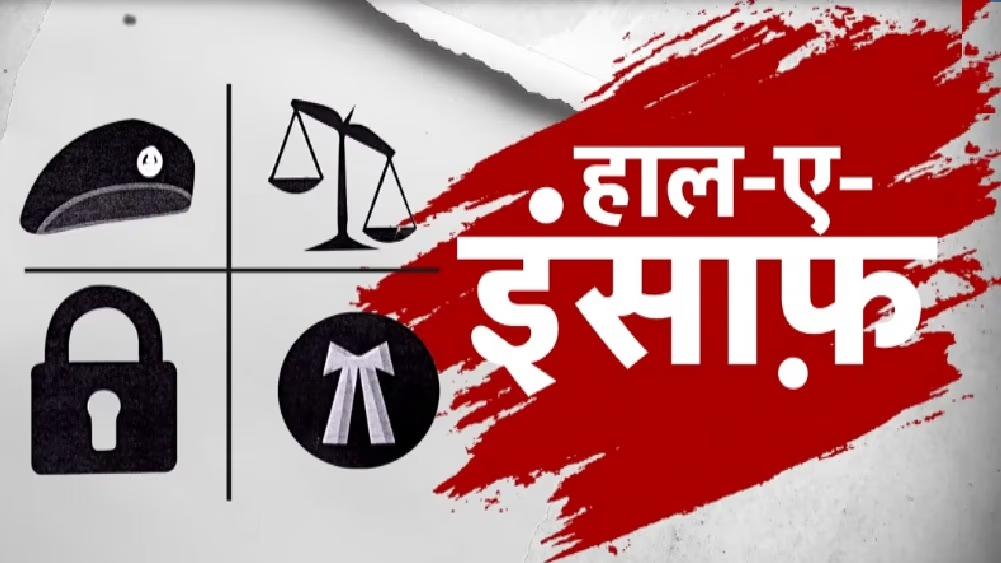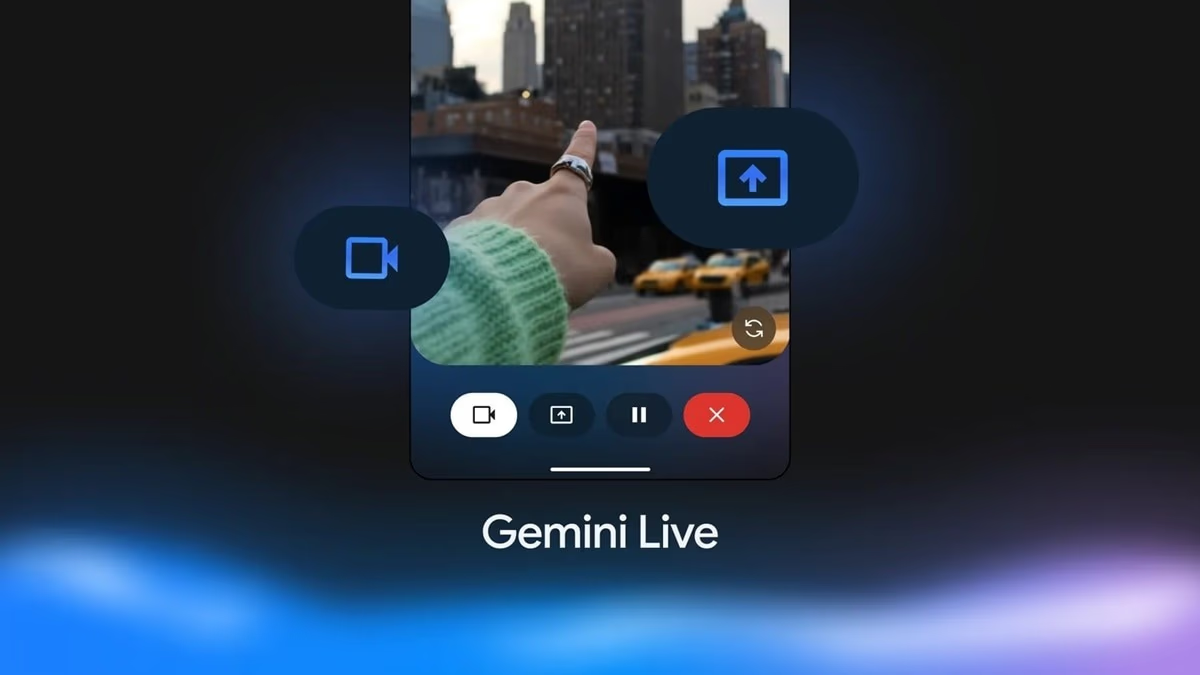Today marks the second consecutive day of the Supreme Court hearing on the Waqf Amendment Act 2025. The court may issue an order today. On Wednesday, the court listened for nearly 70 minutes and suggested that the alleged contentious parts might be halted from enactment. The Supreme Court might issue an order concerning the de-notification of declared Waqf properties, including the inclusion of non-Muslim members on the Waqf Board and the collectors’ right to seize properties during investigations.
Chief Justice Sanjiv Khanna voiced during the session that "We generally avoid staying laws at this stage unless there's an anomaly. This appears to be an exception. We are particularly worried that if Waqf-by-User becomes de-notified, it may lead to substantial consequences."
A bench comprising Chief Justice Sanjiv Khanna, Justice Sanjay Kumar, and Justice K V Viswanathan questioned the provisions of the Waqf (Amendment) Law, which faced objections from Muslim stakeholders.
The 2025 Waqf Law seeks to eliminate the provision of Waqf-by-User in the future.
The term "Waqf-by-User" refers to a practice where property gains recognition as religious or charitable endowment (Waqf) due to long-term, uninterrupted usage for such purposes, even without a formal declaration from the owner.
Chief Justice Sanjiv Khanna stated, "Registering Waqf-by-User is highly challenging, creating ambiguity. While you may argue misuse, there remain actual Waqf-by-Users. One cannot state all are invalid."
Solicitor General Tushar Mehta assured they could justify the government's stance that a registered Waqf-by-User would remain, given that since the first Waqf Act in 1923, registration of Waqf properties is mandatory, leaving behind essential records.
What is 'Waqf by User'? Why the Government Removed this Provision, Opposition Furious
Chief Justice remarked that properties declared Waqf by courts should not be de-notified, regardless of being Waqf-by-User or by deed, while a challenge to the Waqf Amendment Act 2025 is under court review.
The Supreme Court inquired about the rejection of "Waqf by User", considering many lack necessary paperwork for registration. The understanding is clear: the government eradicated this concept from the new law.
The bench asked, "How to register such Waqf-by-Users? What documents will they present? This eradication resembles nullifying pre-existing conditions. Despite misuse, genuine instances exist. I've observed Privy Council verdicts recognizing the concept. Eliminating it might pose problems; legislative nullification of decisions, orders, or decrees is unfathomable."
Collector's Power Questioned by Court
The bench hinted at stopping the amended law's provision where Waqf property is not identified as such during the collector's inspection for government land status.
The CJI stated, "All members of the Waqf Board and Central Waqf Council should remain Muslim, barring ex-officio members."
Discussions magnified objections to law segments encompassing inclusion of non-Muslims in the Central Waqf Council and state Waqf Boards, as noted by Court.
Objections extended to granting district collectors dispute resolution authority on Waqf properties and allowing court-declared Waqf properties to undergo de-notification.
Remember, de-notification here implies dissociation from Waqf boards henceforth.
CJI articulated, "Ordinarily, courts refrain from intervening at initial law stages, excluding the exceptional necessity of this case. If de-notified, the ramifications of a Waqf-by-User property are grave."
Non-Muslims on Waqf Board
The hearing witnessed heated debates between the bench and Solicitor General over the rationale behind permitting non-Muslims in Waqf management, unlike Hindu religious endowments.
Judges queried Mehta on potentially suggesting Muslims join Hindu Endowment Boards, prompting clarification requests.
The Attorney General emphasized no more than two non-Muslims out of ex-officio members join the Waqf Council, heartily expressing willingness to affirm it in affidavits.
Amidst inquiry, it emerged that of 22 members in the Central Waqf Council under this new law, only eight constitute Muslims. "When eight are Muslims, two possibly non-Muslim judges become inevitable, resulting in a non-Muslim majority. How does this align with the religious essence of the institute?" the court questioned.
Tensions arose when law officer Tushar Mehta raised the Hindu identity of all judges on the bench.
The bench clarified, "From the dais, personal identities dissolve, everyone stands equals before the law. Such comparison is utterly misdirected."
The court queried the absence of non-Hindu members in Hindu temple advisory boards. The Supreme Court bench refrained from issuing formal notices in this case so far and upheld that considering law suspension at this stage remains off the table.
Before an interim order, the Solicitor General sought more hearing time on Wednesday, leading the court to defer deliberation to April 17 afternoon before passing any order.




